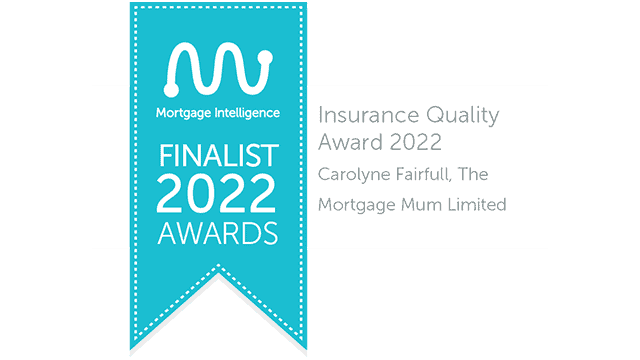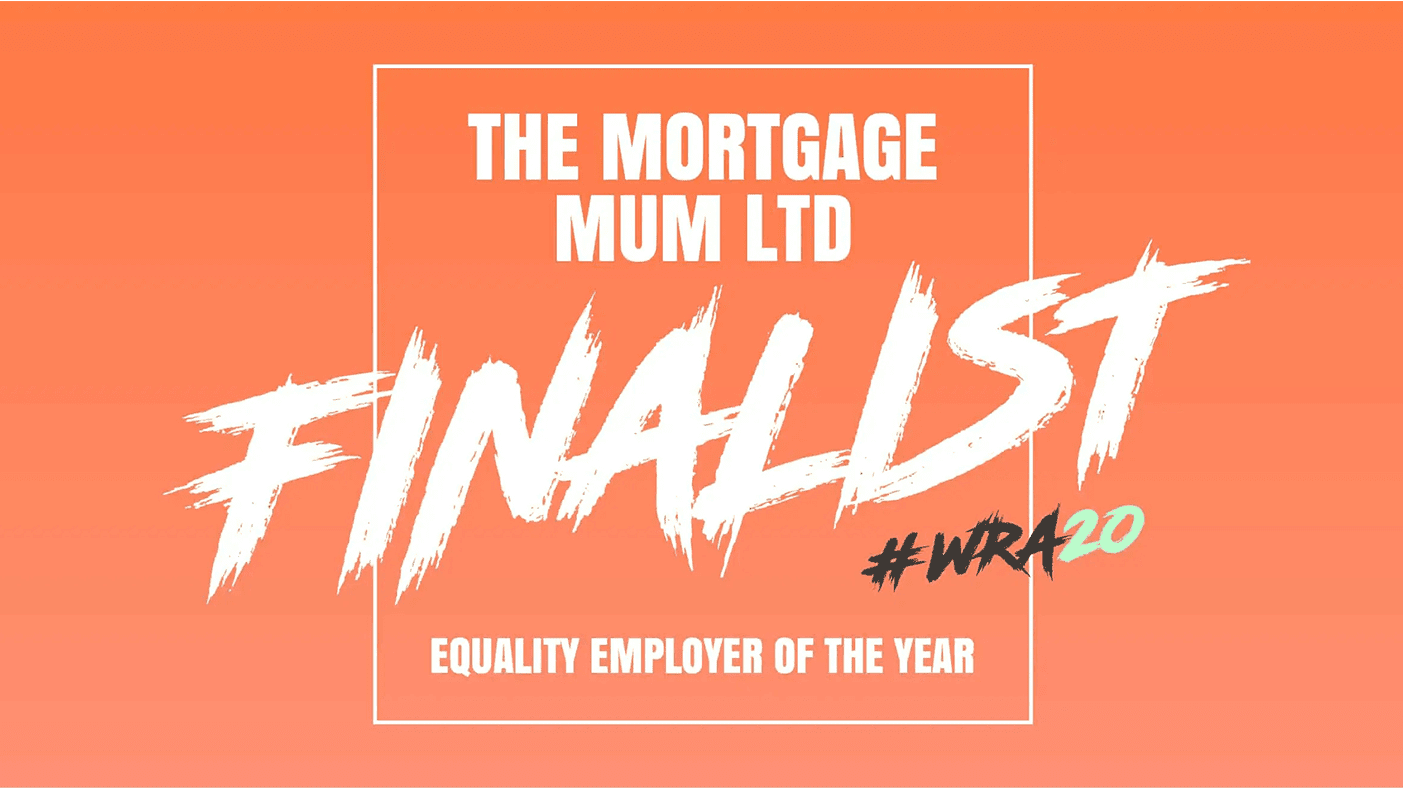Do You Have Enough Savings To Cover Your Mortgage And Bills For 3 Months?
Jade Timson-Proud, Senior Mortgage and Protection Advisor talks all things protection.
Hi everyone, and welcome to my episode of the Mortgage Mum podcast. I’m one of the mortgage and protection advisors here and I am ecstatic to be a guest speaker for the podcast.
I’ve chosen a topic that doesn’t get spoken about enough, in my opinion, and it’s important. I’m going to be talking about protection. It’s not one of the jazziest or funniest topics to talk about, but I want to bring awareness around the options out there to protect you and your family from the unforeseen.
The three protection options I’m covering today are life cover, critical illness insurance and income protection. I’ll be asking you to think about the big questions in each area and how you would cope if things go wrong.
What is life cover and what should we think about?
Very simply, life cover is an insurance which can provide a cash lump sum to you and your family in the event of someone passing away. If you or a family member had life insurance and passed away, it would pay out a lump sum of money that you’re insured for. The majority of people take it to cover their mortgage balance at the time of a claim, or a larger amount.
The first question I want you to ask yourself is, if you or your partner were to die, could you afford the mortgage and the bills? When someone passes away, of course, the mortgage and the bills don’t stop. So could the person left behind with the family afford to pay them every single month?
The next question is, would your family be able to pay for your funeral if the worst happened? The average funeral costs between £5,000 and £10,000. In today’s climate, it’s very rare you would find somebody who has a spare £10,000 sitting there, waiting for a funeral. So if the answer is no, you can take life insurance out to cover you for an expense we never wanted to plan for.
The last question is, if anything were to happen to you or your partner or your family, will your work or your partner’s work allow you to take enough time off work to grieve?
Some employers only allow a couple of days or a couple of weeks off work for compassionate leave. This may not be enough time to process, grieve and plan for what is to come after a death. The last thing you want to be doing is worrying about whether you are going to be able to pay the bills whilst you’re grieving. This is what life insurance is for.
Funeral cost figures provided are London based and do not represent a basic funeral.
How does critical illness cover work and do we need it?
I’m incredibly passionate about this because, unfortunately, the chances of getting a critical illness are excessively high. We more than likely know somebody or who has suffered cancer. One in two people get cancer now, and no one predicts it and no one plans for it.
Critical illness insurance works like life cover. It is a cash lump sum policy that supports you financially if diagnosed with a critical illness covered by the policy. If you make a claim, you get a cash lump sum to support you and your family during one of probably the toughest times of your life. People often take it to cover the balance of their mortgage at the time of a claim.
The thing to think about is if you were ever off work with a diagnosis of a critical illness, would your employer pay you enough sick pay? Or do you have enough savings to pay your bills and your mortgage or your rent? The average amount of time off for a critical illness can be anywhere between three months to 12 months.
Start by seeing how much sick pay you receive through your employer. Because if you, for example, only receive five working days’ sick pay, you would then fall onto Statutory Sick Pay from the government. That is such a small portion of the average income that it won’t help much with the bills every month. Then, look at your savings – how many months could you live off them? And do you want to live off your savings?
The second big question is about your partner. This would be a distressing time for you and your family. Your partner may need to take time off work to be there for you, and take you to appointments etc. Their employer may not allow them to take that time off or reduce their hours. If that’s the case, are you in a financial position for your partner to go part time or take time off work to support you? If the answer is no, critical illness is a protection policy to consider for you and your family.
The final question is, if the option was available, would you like to pay for private medical care? So much has happened over the last couple of years with COVID and the pressures on the NHS. If you do get diagnosed with a critical illness, you’re going to want the best care. If you had a surplus of money you could potentially pay for private medical care while you go through potentially the toughest time in your life.
If you are answering no to these questions, just reach out and just speak to myself or someone in the team to see what options are available to you. It always starts with a conversation.
How does income protection work?
Income protection is a long term insurance policy that makes sure you get a regular income until you return to work. It almost works like sick pay.
Just like with critical illness, check your sick pay and how long your employer will pay you for if you are sick or injured and cannot work. If you were off for six to 12 months with an illness – not necessarily a critical illness – and your employer is not going to pay you, you are going to feel the pressure to return to work. Even worse, you could end up in a bad way financially, because you still have a mortgage and bills to pay every month.
How long would your savings last if you were off work for six to 12 months, for example? More importantly, do you want to be eating at your savings that you’ve worked so hard to build up? Especially in today’s environment, where gas and electricity are going up, interest rates are going up and the cost of living is incredibly high?
The last question I have for you is, would you want to live off your savings whilst you’re recovering from your illness?
If the answer to these questions is no, or that the sick pay you get is very basic, it’s definitely time to explore income protection options. The whole purpose of this is ensuring that you are protected from the unforeseen – I cannot stress that enough.
How do I explore my protection options?
It’s very much about sitting down with us and having a very open and frank conversation about how these policies can impact your life. We make sure that you have thought about unforeseen life circumstances. It would never be about forcing you to take a policy that does not apply to you or that you don’t need. It’s just about planning for the future.
In an appointment I would work through your fears, your needs and requirements, and set a budget suited to you and your family. Then we can ensure you’re protecting your family and can breathe a little lighter.
Budget will always be the main point because as much as we want all of these options, we also want to make sure it’s affordable. It’s my job to make sure you are not taking anything that is unaffordable to you.
So today I wanted to bring some attention to protection and the options available to you and your family. We have done podcasts on protection before, so please have a little listen to them. They will give you a lot more detail about what is available.
The most important thing is just finding the time to make the appointment. It’s always something people say they’ll look into in the future. They’ll do it next week, next month, next year. And for whatever reason, they never get around to it. Instead, please drop me an email or pick up the phone and arrange an appointment with myself or the team about your protection options.
We can have a conversation on how this applies to yourself and your family, and explore the routes and the options. You’re not signing up for anything at this stage, it’s pure advice.
Thank you to everyone listening today, and I hope you’ve got something out of it. Even if you’ve answered these questions and you realise you’re in a good position financially, you can walk away from this podcast happy. You’ve planned for the future. But thank you so much for listening and hopefully see you soon.
Your home may be repossessed if you do not keep up with your mortgage repayments.

























































